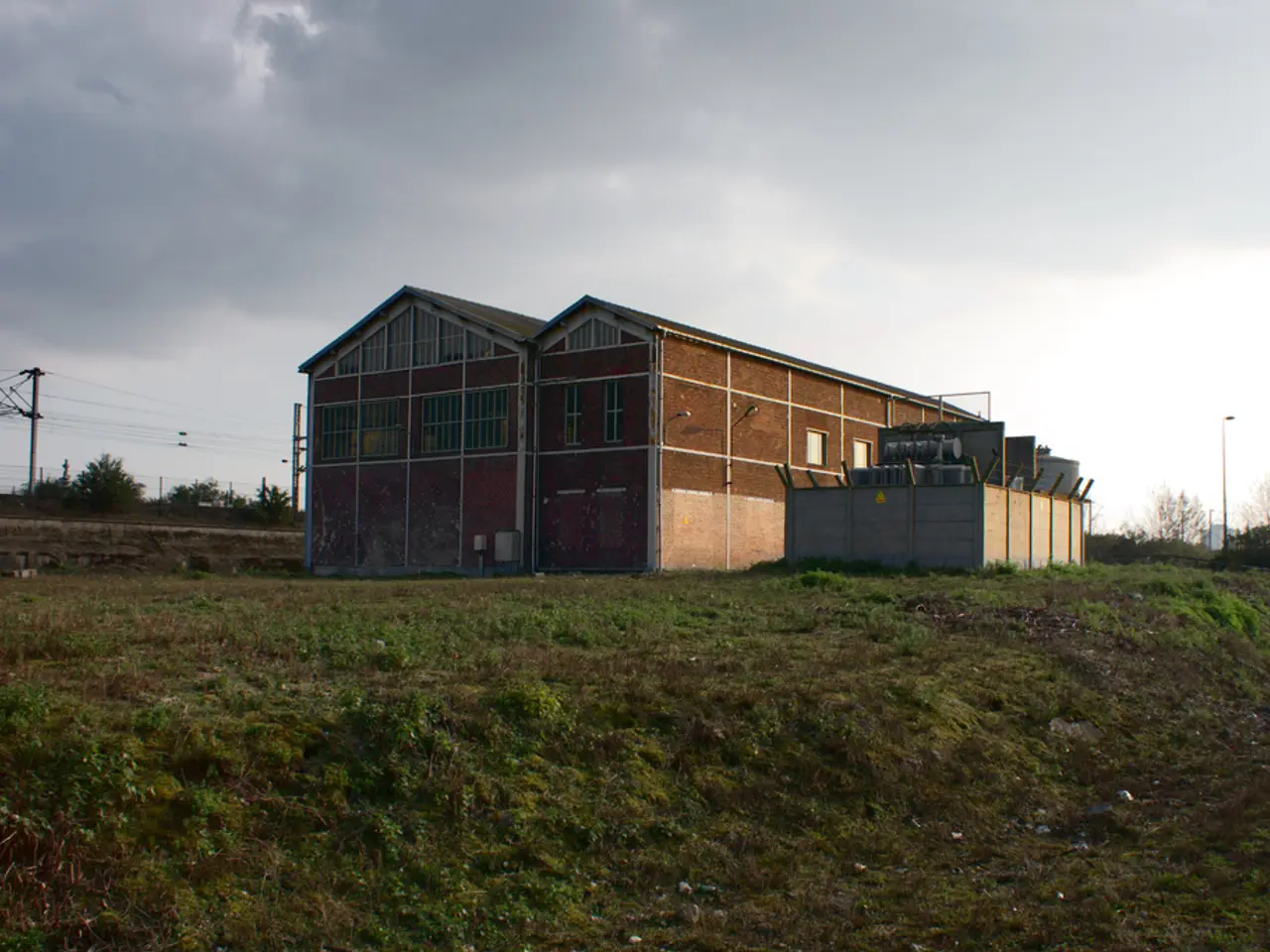Tackling High Energy Prices: Klingbeil's Plan for Relief from January
Anticipated decrease in energy prices starting from January, as per Klingbeil - Energy costs expected to decrease starting from January, as per Klingbeil's announcement
Ready to lighten your wallet? The federal government has plans to ease energy expenses for both households and businesses commencing January. Finance Minister Lars Klingbeil revealed this during the unveiling of his draft budget in Berlin. "We aim to initiate the first significant reduction in electricity costs for industry, commercial ventures, and homes," stated the SPD leader. The goal is to boost citizens' purchasing power and boost the economy's competitiveness.
Here's a glimpse into the three actions set to roll out on New Year's Day:
- Gas Storage Support: The government intends to assist Germany's gas storage levy to help fill storage facilities.
- Industry Tax Reduction: The electricity tax specifically for the manufacturing and agricultural sectors will be reduced.
- Grid Expansion Subsidies: The federal government plans to significantly boost its contribution to the costs of network expansion, potentially lowering utility bills for both companies and residences.
Klingbeil highlighted that while energy prices have tumbled since the 2022 energy crisis, they remain uncompetitive in many sectors. These three pivotal measures aim to take effect on January 1 next year to enhance cost-competitiveness.
However, it's crucial to mention that the electricity tax reduction only applies to companies in the manufacturing and agricultural sectors. Unfortunately, small businesses and private consumers won't receive the anticipated electricity tax relief in 2025 and 2026, despite earlier coalition promises to lower electricity costs for all[1].
As a result, German households will continue to shoulder relatively high electricity taxes—over 20 times the EU minimum—and their overall electricity bills will remain expensive, with no immediate tax relief. The average household electricity price remains one of the highest in Europe, around 39.69 cents per kilowatt hour in mid-2025, with taxes and levies constituting about 32% of that cost[2][3].
In essence, businesses in manufacturing and agriculture will see some tax relief on electricity starting January, while all sectors will benefit from subsidized gas storage costs and extensive support for grid expansion. On the flip side, private consumers and small businesses won't reap the anticipated electricity tax reduction, limiting direct financial relief for households in the coming year[1][3][4].
[1] German Watch
[2] Agora Energiewende
[3] Die Zeit
[4] Clean Energy Wire
- The employment policy within the manufacturing and agricultural sectors might experience changes due to the reduced electricity tax, as outlined in Minister Klingbeil's plan.
- The draft budget unveiled by Finance Minister Klingbeil suggests potential shifts in the industry sector's employment policy, as subsidies for grid expansion could affect utility costs and thus, employment conditions.




